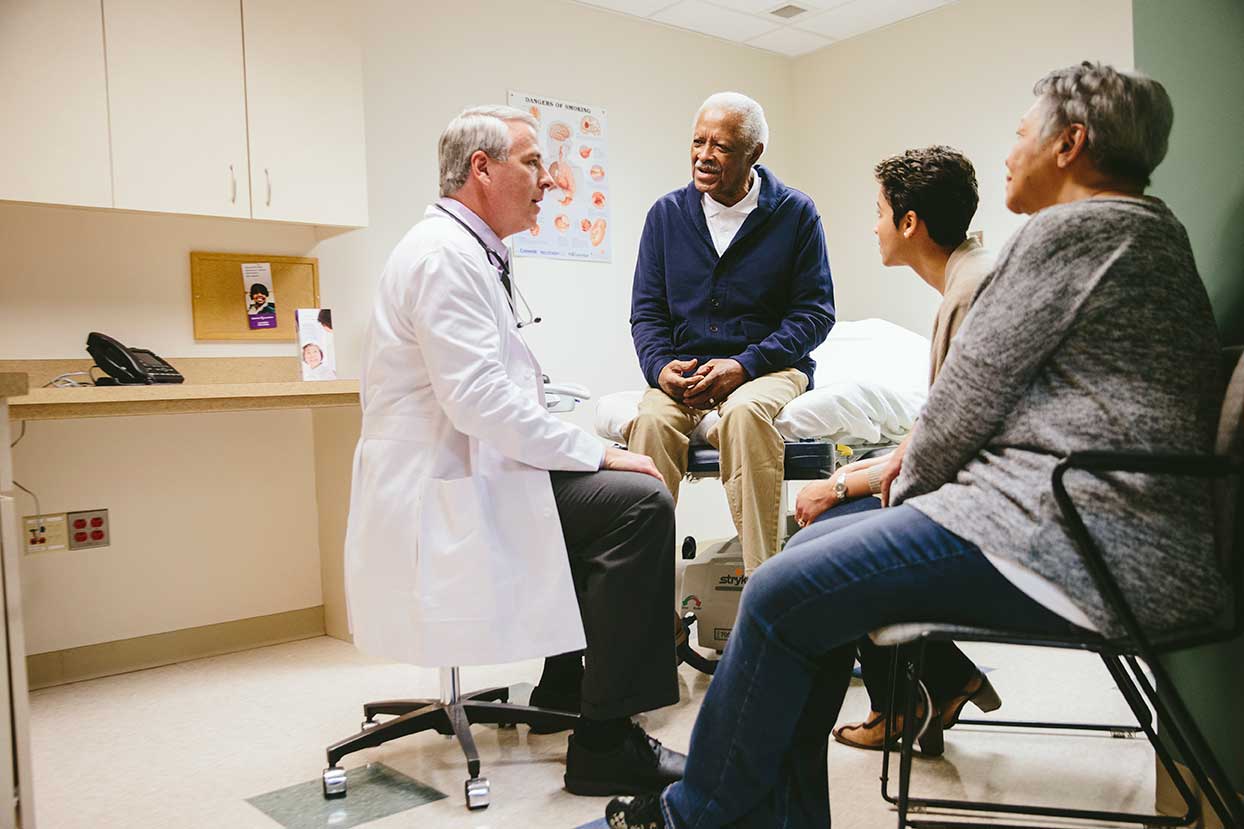
The U.S. health care system is not fully prepared to meet the needs of the increasing number of individuals affected by Alzheimer’s and other dementia. More than 6 million Americans are living with Alzheimer’s dementia today, and by 2050 this number is projected to increase to nearly 13 million. A recent survey found nearly 9 in 10 primary care physicians (PCPs) expect to see an increase in people living with dementia during the next five years, with half saying the medical profession is not prepared to meet this demand.
The Alzheimer’s Association is leading the way to significantly increase access to quality dementia care in a variety of clinical settings. A global leader in maximizing quality care and support, the Association launched a nationwide Health Systems Initiative in 2019 to promote early and accurate diagnosis and offer proven solutions for improving health outcomes and managing the cost of care for people living with dementia. We also advocate for state and federal policy change to help families facing dementia, and we provide care and support programs and services spanning the care continuum in local communities nationwide.
To expand and strengthen this essential work we are launching BETR Dementia Care for All Communities (Building Evidence Through Research to Improve Dementia Care for All Communities). Through this health services research initiative, we aim to amass an evidence base for the development of transformative care models that can be scaled in health systems to improve the quality of dementia care for millions of Americans of every background in all communities. Health services researchers aim to better understand how individuals use health services to achieve their health goals. They investigate quality of care, access to care, how much care costs and the outcomes of different care models.
In addition to developing transformative care models with the knowledge we gain, the Alzheimer’s Association will use it to advocate for their adoption. Scientific evidence is the most effective way to persuade health systems leaders, physicians and health care payers to adopt practice recommendations for improving the quality of dementia care and lowering costs. Public and private organizations alike rely on evidence and health economic data to make decisions on care. Having evidence to share with the Centers for Medicare and Medicaid Services (CMS), for example, could lead to decisions that improve dementia care in health systems and clinics serving more than 61 million Americans age 65 and older who are enrolled in Medicare.
We seek philanthropic partners to help us transform the future of dementia care. BETR Dementia Care for All Communities is rightly bold and ambitious, and its comprehensive scope requires significant resources. Uniquely positioned to realize the goals of this initiative, the Alzheimer’s Association proposes expenses totaling $15 million over the first five years for essential items such as the new position of director of health services research at the Association; Association-driven research (including grants for research partnerships, a literature review and more); grants for research by top global talent in this field; care model implementation; and more. The Alzheimer’s Association sees the path to BETR Dementia Care for All Communities, and we hope you will join us.
Discovery Science
Early Detection
Treatment
Prevention